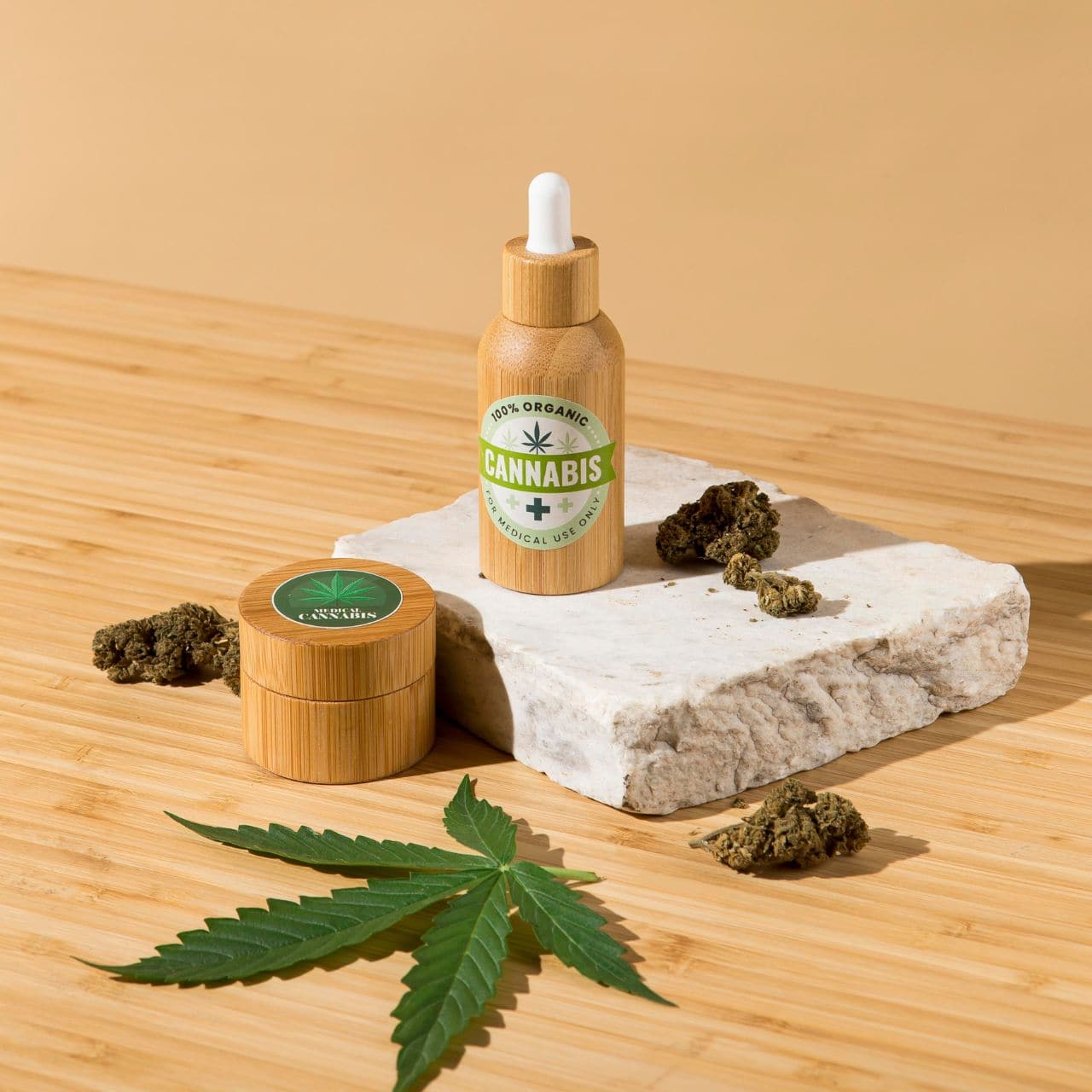
Is HHC Legal in Utah
No, HHC products are illegal in Utah
 Not Legal
Not Legal

No, HHC (Hexahydrocannabinol) is not legal in Utah due to state-specific regulations that prohibit certain cannabinoids. According to Utah law, products containing HHC, THC-O, delta-8 THC, and delta-10 THC are banned regardless of whether they are derived from hemp or marijuana.
This prohibition is rooted in Utah’s approach to regulating cannabinoids to ensure consumer safety and address concerns about the potential effects and safety of these compounds. The state may have specific concerns about the lack of comprehensive research on the safety and efficacy of these cannabinoids, as well as their potential for abuse or misuse.
Utah’s regulatory framework aims to control and monitor substances that could have psychoactive effects or other health implications, which is why it has chosen to restrict these particular cannabinoids.
HHC, or Hexahydrocannabinol, is a semi-synthetic cannabinoid derived from hemp. It is similar to THC (tetrahydrocannabinol) in both structure and effects but is created through a process called hydrogenation, where hydrogen atoms are added to the THC molecule. This process makes HHC more stable and gives it a longer shelf life compared to THC, making HHC stand out for its enhanced stability. As a cannabinoid found in the cannabis plant, HHC is gaining attention for its potentially intense psychoactive effects and unique legal status within the evolving cannabis industry.
HHC interacts with the body by engaging the endocannabinoid system, specifically targeting the cannabinoid receptors CB1 and CB2. These receptors are crucial parts of the central and peripheral nervous systems and play roles in regulating various physiological processes such as mood, pain, and appetite. HHC’s binding to these receptors is believed to produce psychoactive effects similar to THC, including feelings of euphoria, altered perception, and relaxation. The intensity and duration of HHC’s effects can vary based on an individual's metabolism and the quantity consumed.
Because of its unique chemical structure and the hydrogenation process, HHC has a longer shelf life and greater stability than THC. This makes it an attractive option for consumers and manufacturers seeking a cannabinoid with prolonged effectiveness. As the cannabis industry continues to evolve, HHC's distinct properties and potential for intense psychoactive effects are contributing to its growing popularity and intrigue among users.
Before purchasing HHC in Alabama though, always check the lab test results for each product to ensure accurate labeling and safety.
If you want to learn more about HHC in general, check out our HHC Resource Center.
Utah’s stringent regulations ban the production, sale, and distribution of HHC and similar THC isomers, effectively removing them from the market. As a result, individuals of any age cannot legally purchase HHC in the state.
No, smoking HHC (Hexahydrocannabinol) flower is not legal in Utah. The state has strict regulations that prohibit the production, sale, and use of THC isomers, including HHC, rendering such activities illegal.
No, HHC (Hexahydrocannabinol) products do not go through third-party testing in Utah, as HHC is prohibited in the state. Since the production, sale, and distribution of HHC and similar THC isomers are illegal in Utah, there is no market or regulatory framework for such products, including third-party testing.










